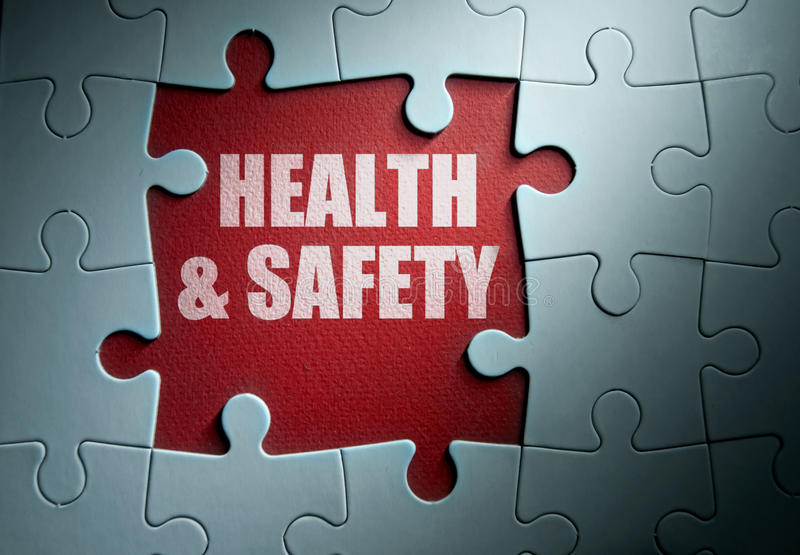Our practice takes privacy seriously and we want to provide you with information about your rights, who we share your information with and how we keep it secure.

Complaints Policy
If you wish to make a formal complaint, please do so as soon as possible – ideally within a matter of days. If doing that is not possible, your complaint should be submitted within 12 months of the incident that caused the problem; or within 12 months of discovering that you have a problem. You should address your complaint in writing to the Practice Manager.

Health and Safety Policy
The Practice’s policy on Health and Safety is:
- To provide and maintain safe and healthy working conditions, equipment and systems of work for all employees.
- To provide information, training and supervision for employees.
- To accept responsibility for the health and safety of other people who may be affected by the Practice’s activities.
- To consult with employees on matters affecting their health and safety.
- To prevent accidents and cases of work-related ill health.
- To review and revise the Policy as necessary at regular intervals.

Zero Tolerance Policy
The surgery is committed to promoting equality, diversity and an inclusive and supportive environment for its staff. Sexual, racial and other forms of personal harassment and bullying can seriously harm working and social conditions for the staff at the surgery.
Any incidents of harassment will be regarded extremely seriously by the surgery and can be grounds for disciplinary action which may include dismissal. If you believe you are being subjected to sexual, racial or other forms of harassment, including bullying, do not feel it is your fault or that you have to tolerate it.
If you need to talk to someone about personal harassment:
- Dr Ikwueke
- Mrs. J Ikwueke (Practice Manager)
The choice of Contact person is yours, and you can change the person at any stage if you so wish. If in doubt, talk it through with a Contact Person! The Contact Person’s role is to listen and offer support to anyone who believes they are being harassed.

Safeguarding
Children
- The welfare of the child is paramount.
- It is the responsibility of all adults to safeguard and promote the welfare of children and young people. This responsibility extends to a duty of care for the staff employed here.
- Adults who work with children are responsible for their own actions and behaviour and should avoid any conduct which would lead any reasonable person to question their motivation and intentions – and the staff at GRS Have been trained to be aware and to report to their line manager any causes of concern observed while carrying out their roles.
- GRS staff work in an open and transparent way.
- The same professional standards should always be applied regardless of culture, disability, gender, language, racial origin, religious belief and/or sexual identity.
- We will continually monitor and review our practice and ensure we follow the guidance contained in this document and elsewhere.
Vulnerable Adults
Where abuse of a vulnerable adult is suspected the welfare of the patient takes priority. In deciding whether to disclose concerns to a third party or other agency the GP lead will assess the risk to the patient. Ideally the matter should be discussed with the patient involved first, and attempt made to obtain consent to refer the matter to the appropriate agency. Where this is not possible, or in the case of emergency where serious harm is to be prevented, the patient’s doctor will balance the need to protect the patient with the duty of confidentiality before deciding whether to refer. The patient should usually be informed that the doctor intends to disclose information, and advice and support should be offered. Where time permits, the medical defence organisation will be telephoned before any action is taken.
In assessing the risk to the individual, the following factors will be considered:
- Nature of abuse, and severity
- Chance of recurrence, and when
- Frequency
- Vulnerability of the adult (frailty, age, physical condition etc.)
- Those involved – family, carers, strangers, visitors etc.
- Whether other third parties are also at risk (other members of the same household may being abused at the same time).

